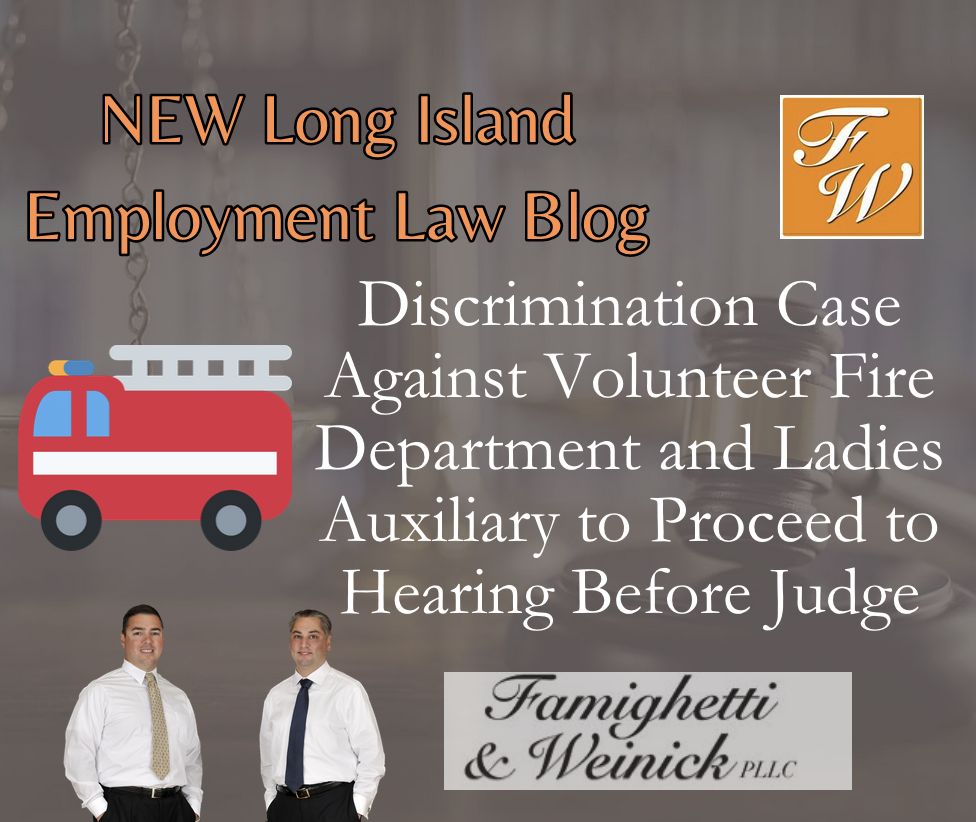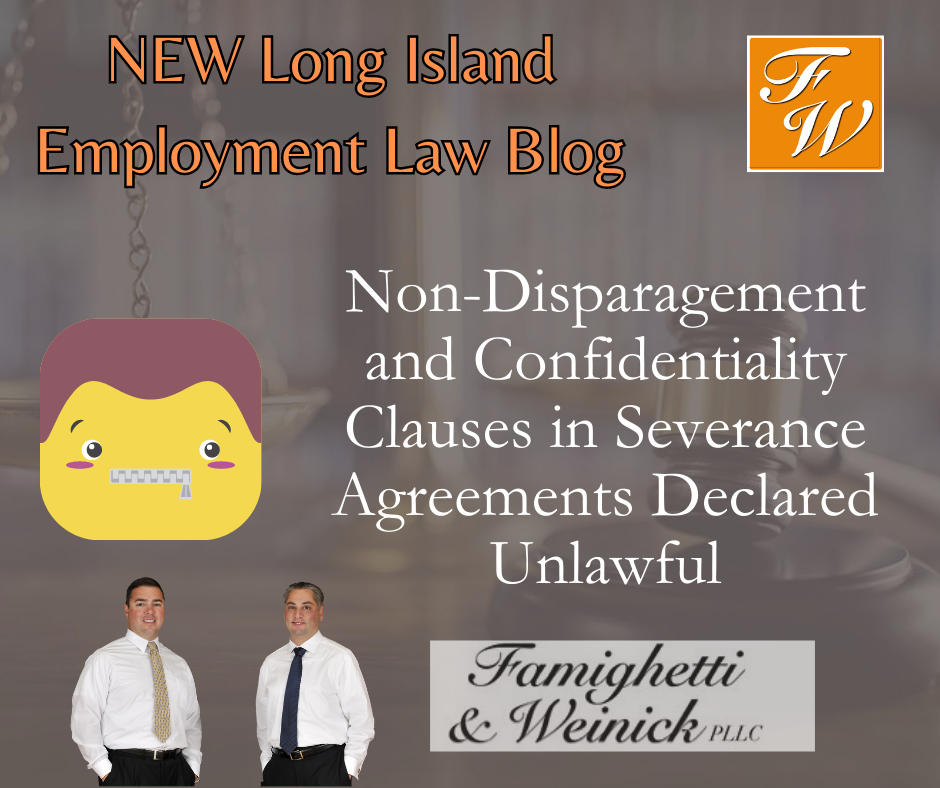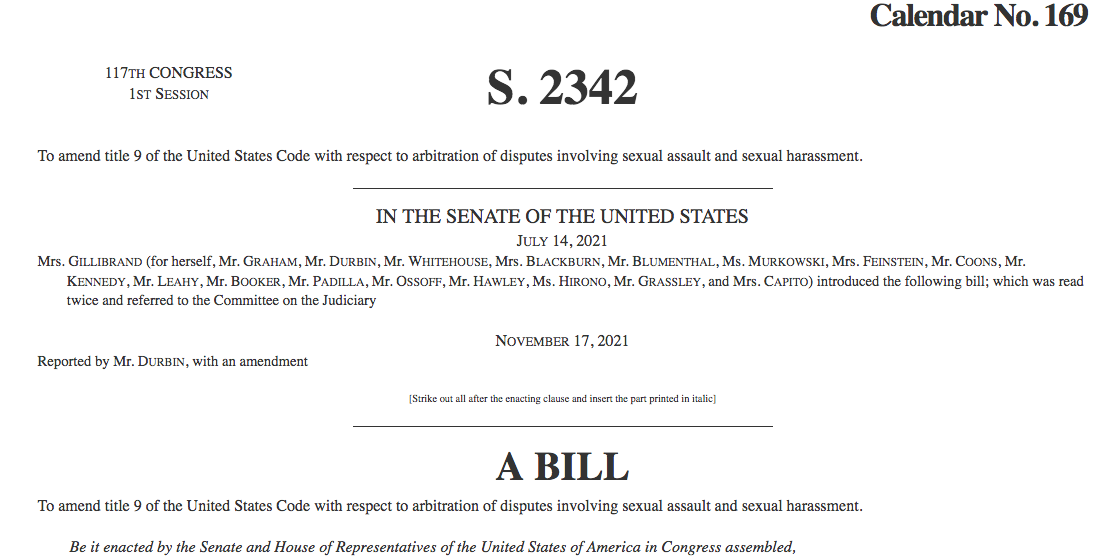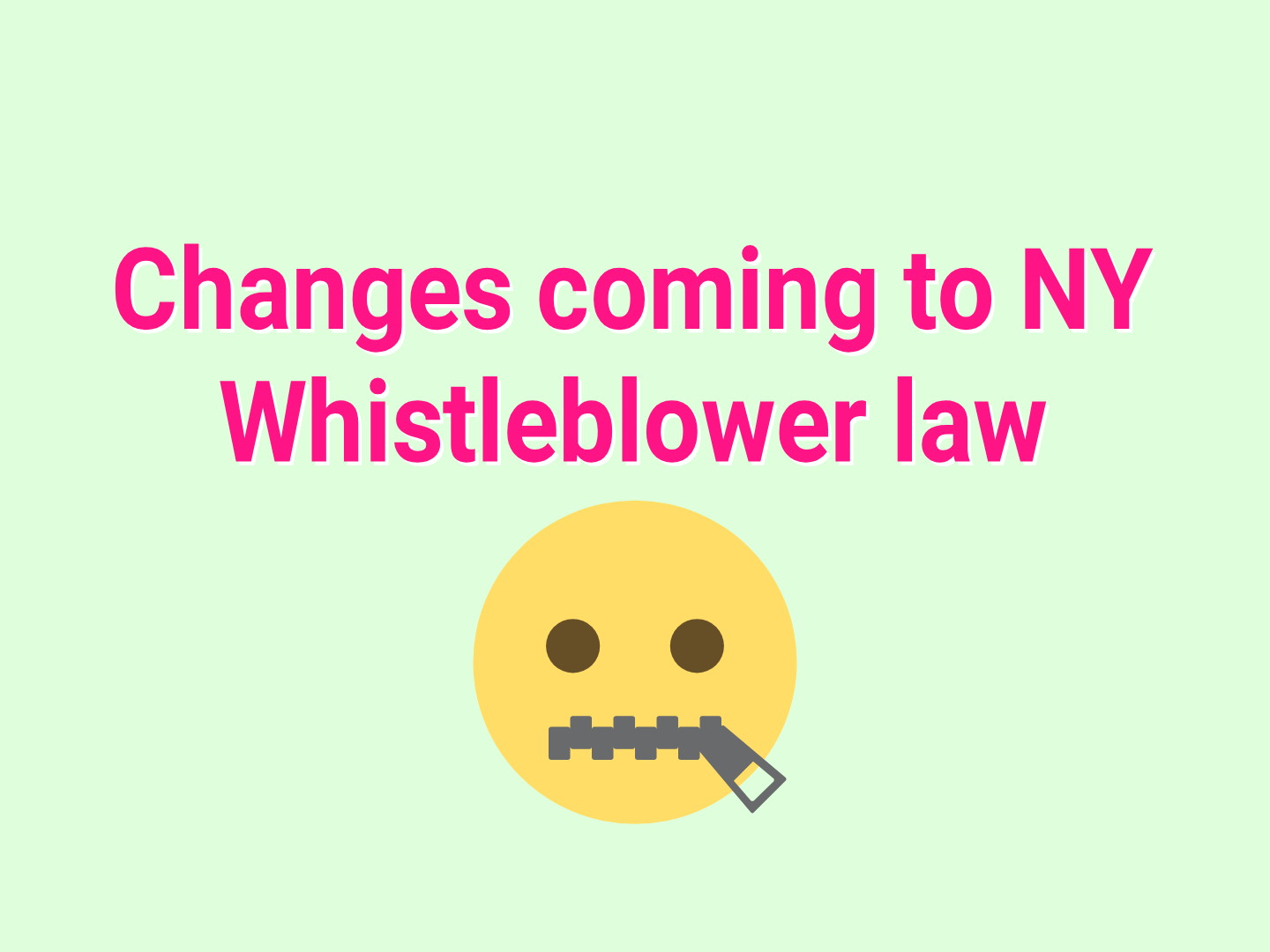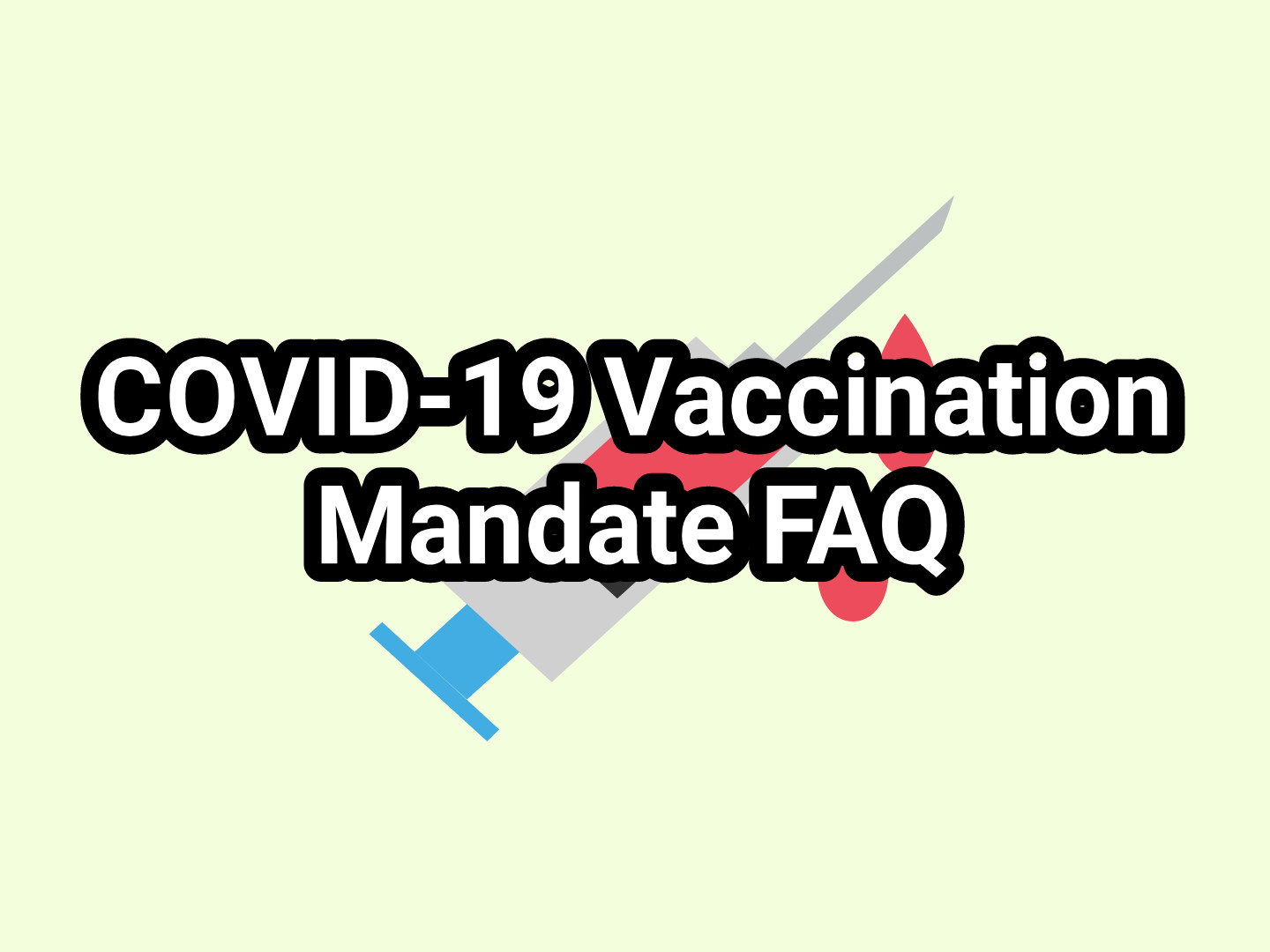In a sex discrimination case filed by New York employment lawyers Famighetti & Weinick PLLC, the New York State Division of Human Rights has issued a determination of Probable Cause. This means a judge will hold a hearing to determine liability and damages. Today’s Long Island employment law blog discusses the case and the decision.…
Continue reading ›Your Side










